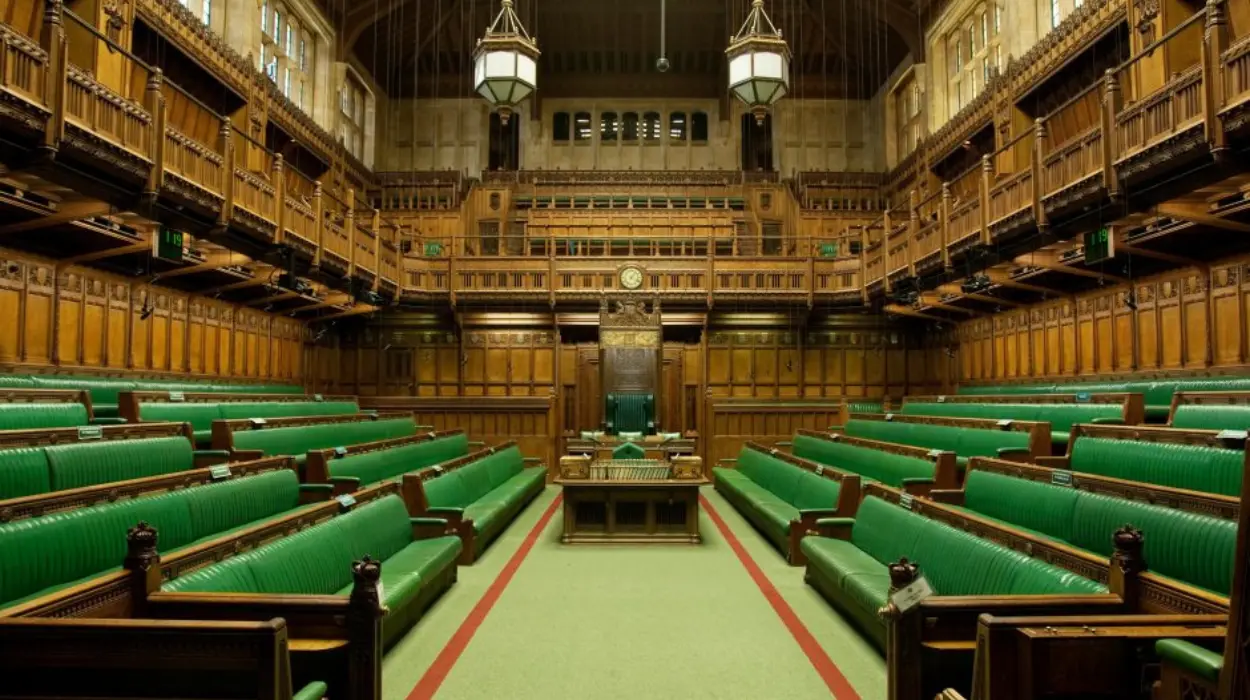The House of Commons is one of the two houses of the United Kingdom parliament and is arguably one of the most important decision making authorities when it comes to law making and political orientation of the nation. It is also the place where MPs discuss, ask questions and vote on bills in order to have the voices of the citizens heard in national governance issues. As the engine of British democracy the House of Commons both balances the government, and influences policy as well as plays a crucial role in the influence on the way the country will be run.
A Short History of the House of Commons
The historical background of the House of Commons can be of great significance since its genesis can be traced back to the 13th century. The formation of the House of Commons as we know it today is the subject of some controversy, although historians are in broad agreement that the process began to take place at the end of the 1200s, when elected representatives began to sit apart, not side by side with the nobility, in the House of Lords. It has since then changed to the powerhouse it is today in the span of centuries.
Structure and Membership
The house of Commons has 650 seats whereby each seat has a geographical area that is known as constituency. This leaves one with a total of 650 Members of Parliament (MPs) who are elected by the people upon participating in a general election.
The leader of the House is the Speaker of the House of Commons who presides over debates ensuring smooth running of proceedings without bias. These are assisted by several deputies including the Deputy Speaker in the House of Commons who can deputise at the absence of the Speaker. The benches are divided by political party under the basis the members are elected and the ruling party is allocated a seat to the right of the Speaker and the opposition to the left.
Role and Responsibilities of the House of Commons
It is in the house of commons that laws are debatable and voted upon and such a law comes along with proposed amendments to existing laws. It also functions effectively in the process of criticizing the work of government in order to promote transparency and accountability. The Commons are able to appreciate and reflect on the views and interests of the populace through the elected MPs and they are also in charge of controlling the public spending and charging national budgets.
Bills that have been established in the House of Commons also have to pass through the House of Lords before they can become proper Acts of Parliament but in some instances, the House of Commons takes the upper hand.
How the House of Commons Works in Practice
Business in parliament is carried out at the House of Commons by debates, questions and committee meetings. The MPs have the chance of directing questions to the ministers, introducing bills, and raising matters of concern to their constituents. Decisions have to be made and votes become necessary and the opinion of the majority is carried out.
Other prime political happenings take place in the Commons such as when the Prime Minister answers questions (also referred to as Prime Ministers Questions, or PMQs), where all the MPs get an opportunity of questioning the Prime Minister directly concerning specific policies and decisions.
Why the House of Commons Matters
The House of Commons continues to be the pinnacle of UK democratic rule. It makes sure that the laws are not dictated by the government but that rigorous debates and scrutiny occurs. It reflects the voice of most of the citizens in England, Scotland, Wales and Northern Ireland through its 650 members who represent various areas and views.
By understanding the meaning and nature of House of Commons UK, the date when House of Commons was founded, the current MPs that make up House of Commons, the number of seats that are available in the house as well as the identity of the current Deputy Speaker, the citizen will be in a better position of understanding the significance of House of Commons and how democracy functions.


